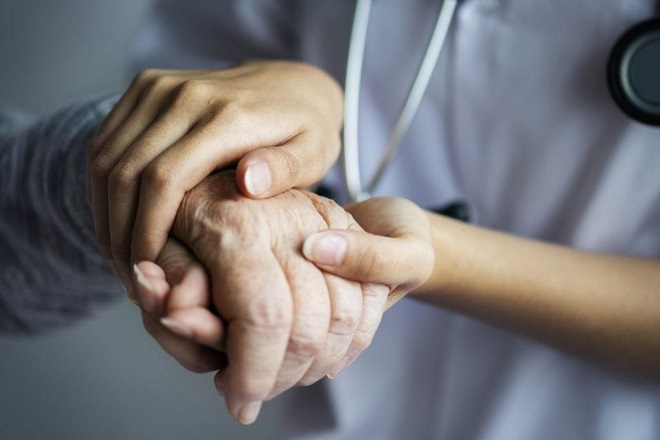Black communities are facing record rates of mental health struggles. These issues can be attributed to pandemic-related stresses, ongoing systemic racism, and the ‘racial reckoning’ facing Americans today. All of this stress leads to more behavioral health conditions than ever before – but most can’t seek help, or are afraid to reach out. Here are some reasons why improving mental health in Black communities is important.
Lack of Access to Care
It isn’t about the location of behavior health clinics. Though insurance is an issue, the lack of care can’t really be attributed to the lack of insurance, either. The problem lies in the American healthcare system. Providers are often dismissive of Black issues, and may not take members of the Black community seriously when approached with these issues.
Provider bias plays a large role in most parts of the healthcare field. Black women, for instance, are more likely to die in childbirth than non-Black women due to a dismissive attitude from providers. Provider bias doesn’t stop when it comes to mental health.
Even when the avenues to care are opened, many Black people face issues receiving the right care, consistent care, or being included in research that might help them thrive.
Racial Trauma
Members of the Black community suffer more racial trauma than most American communities. Police brutality, microaggressions, casual racism in the workplace and beyond – all of these issues lead to a collective racial trauma that is seldom understood by non-members.
Nevertheless, members of the Black community are expected to deal with this trauma in ways that don’t really address healing from it. It’s important to rely on community-based care, but some Black communities heavily stigmatize mental health. The result is a trauma that everyone is suffering from, but no one can address it properly.
Traumatic Childhood Experiences
Traumatic Childhood Experiences (sometimes referred to as ‘adverse childhood experiences’ (ACEs) are more common in Black children than in white or Asian children. ACEs can include violence outside of the home, discrimination, income security issues, and emotional neglect. Most ACEs occur inside the home, but it’s common for Black children to experience them outside of the home as well.
These experiences negatively affect nearly every aspect of life. If not addressed with proper mental health care, ACEs can lead to more prominent mental health issues, such as depression, PTSD, and more. Community and social support are critical to healing from childhood trauma. Many never get the care they need, and that needs to change.
Mental Health Stigma
Some Black communities struggle with addressing mental health. It’s heavily stigmatized, and voicing your struggles may be seen as weakness or failure. Many times, members of the Black community feel that they can’t express how they’re struggling with mental health. Looking weak to your family, peers, and the world at large feels dangerous when every day is filled with inescapable expectations to be strong and uphold stereotypes.
Working as a community to dismantle mental health stigmas is imperative to address the rising mental health issues within Black communities. When people feel like they can talk about what they’re dealing with without judgment, it opens avenues to seek care and support.
No Representative Care
Opening up to mental health discussions and seeking accessible care doesn’t end with the individual. Many Black people can’t find the right type of care, including representative care. Psychologists, psychiatrists, and other mental health professionals are predominantly non-Black. Only a small percentage of professionals have undergone cultural competency training, which can help them address issues unique to mental health in Black communities.
It’s important to seek this representative care, but it’s equally important for providers to seek cultural competency training. Members of the Black community can be comfortable approaching care if it’s less dismissive and more sensitive towards their unique needs.
Conclusion
Improving mental health in Black communities will require a lot of effort, but it can be done. Using community-based care techniques can help overcome a lot of the barriers that Black communities face when it comes to mental health. It’s extremely important to address these issues and practice self-care, seek professional help if possible, and open avenues to communication within the community.




